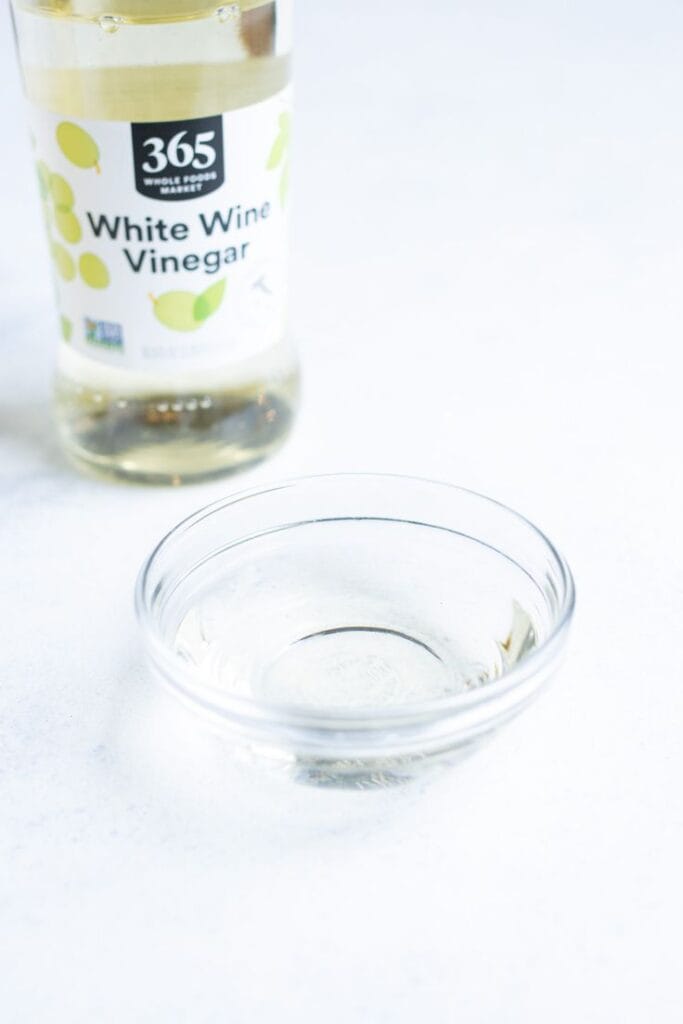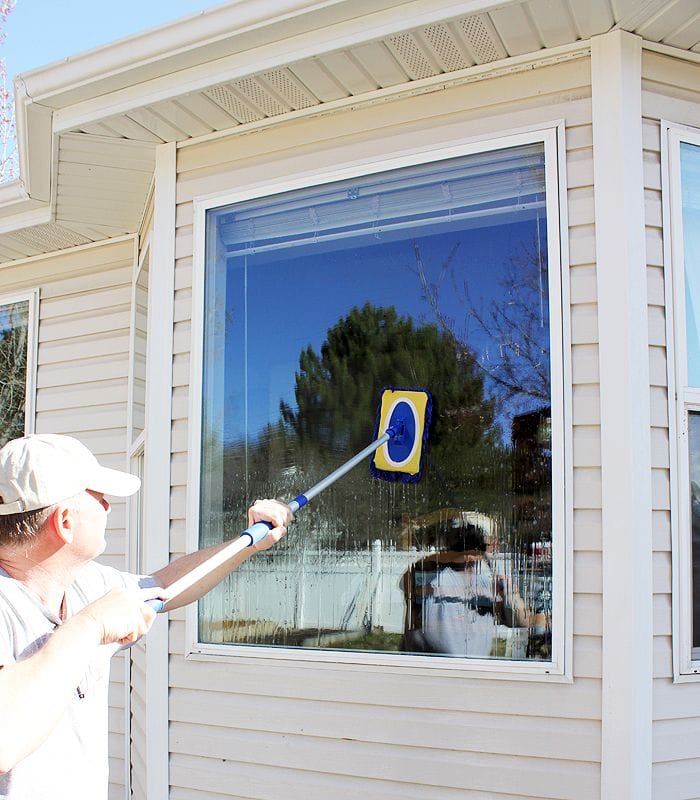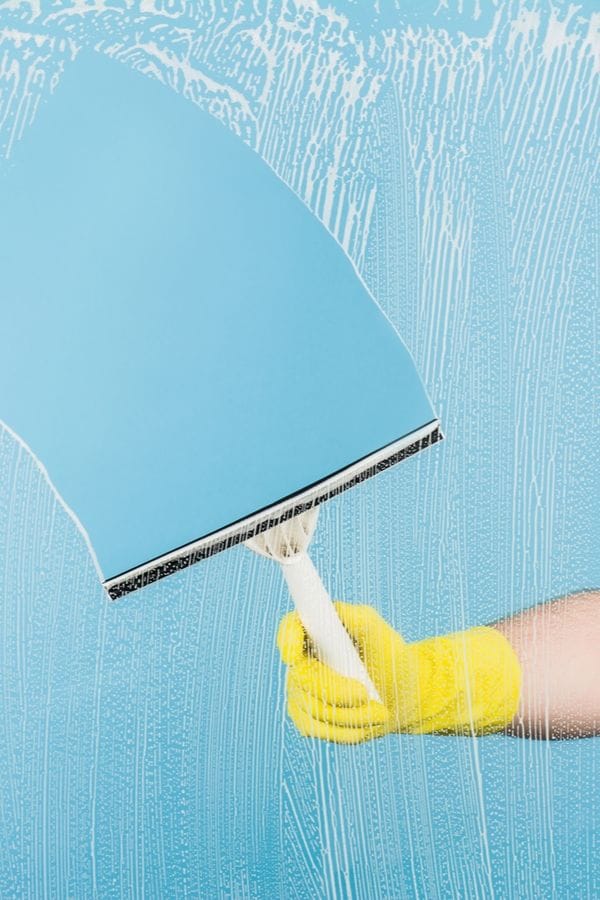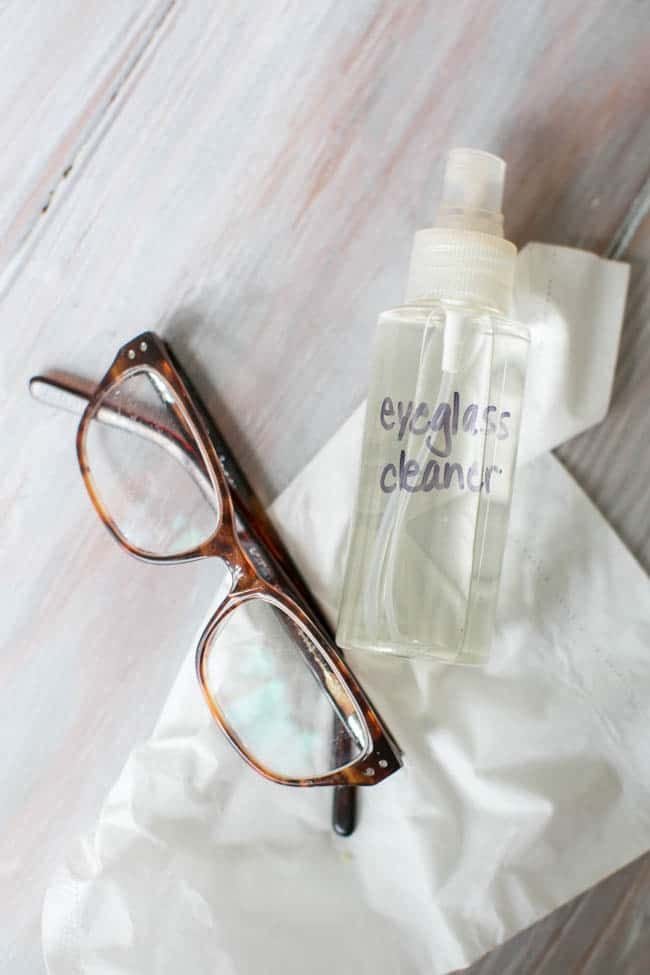Discover the natural ingredient that removes dull stains from glasses instantly. Restore crystal-clear clarity to your drinking glasses with this powerful, eco-friendly solution.
Introduction: Why Glasses Lose Their Sparkle
If your glasses have lost their shine and you’re tired of cloudy, dull stains ruining your table setting, you’re not alone. Over time, drinking glasses can accumulate a stubborn film caused by hard water deposits, soap scum, or mineral buildup. This not only looks unattractive but can also be embarrassing when serving guests.
Fortunately, there’s a natural, inexpensive ingredient that removes dull stains from glasses instantly—and it’s probably already in your kitchen!
The Secret Ingredient: White Vinegar
Yes, the secret to sparkling glasses lies in one humble kitchen staple: white vinegar. This natural powerhouse is renowned for its acidity, which effectively breaks down calcium deposits, soap residue, and cloudiness on glass surfaces.

Why White Vinegar Works So Well
- Acetic acid in vinegar dissolves mineral buildup.
- It neutralizes alkaline stains caused by hard water.
- It is non-toxic, eco-friendly, and safe for daily use.
- Leaves no harmful residue on your drinking glasses.
If you’re looking for a safe, natural cleaning solution, white vinegar is hands-down the best natural ingredient to remove dull stains from glasses instantly.
How to Use White Vinegar to Restore Shine
Here is a step-by-step guide to cleaning cloudy glasses using only white vinegar and water:
Materials Needed:
- White vinegar (5% acidity)
- Warm water
- Microfiber cloth
- A large bowl or basin
Step-by-Step Instructions:
- Mix Solution: Combine equal parts warm water and white vinegar in a bowl or basin.
- Soak Glasses: Submerge your stained glasses in the solution for 15–30 minutes.
- Wipe Clean: Use a soft cloth or sponge to gently scrub the glass.
- Rinse Thoroughly: Rinse the glasses with clean water.
- Dry with a Lint-Free Towel: For a sparkling finish, polish the glass dry using a microfiber cloth.
You’ll be amazed how this natural solution removes dull stains from glasses instantly, leaving behind a brilliant, crystal-clear shine.

Why Commercial Glass Cleaners Fail
Many people turn to store-bought glass cleaning sprays, but these often contain harsh chemicals and ammonia, which can damage glass over time and leave toxic residues. Worse, they don’t always work on mineral-based cloudiness.
White vinegar, on the other hand, offers a chemical-free solution that’s just as effective—if not more so—than many commercial cleaners. And since it’s food-safe, it’s ideal for cleaning drinking glasses.

Bonus Tip: Add Baking Soda for Extra Cleaning Power
If your glasses are especially dirty or have hard water stains that won’t budge, combine white vinegar with baking soda for an extra-strength solution.
DIY Cleaning Paste:
- Mix 1 tablespoon of baking soda with enough vinegar to form a paste.
- Apply to cloudy areas and scrub gently.
- Let it sit for 10 minutes before rinsing clean.
This method is particularly helpful for wine glasses, crystal, or decorative glassware that needs deeper cleaning without scratching.
Other Natural Alternatives to Consider
While white vinegar is the star of the show, there are a few other natural ingredients that can help remove dull stains from glasses:
1. Lemon Juice
Lemon juice contains citric acid, which works similarly to vinegar. It’s effective and leaves behind a fresh scent.
2. Baking Soda
As a mild abrasive, baking soda helps scrub away residue without scratching the glass.
3. Salt
Salt can be used to scrub the insides of cloudy glasses, especially in combination with lemon juice.
Still, white vinegar remains the top natural ingredient due to its ability to instantly dissolve stubborn film and stains on glass.
Preventing Cloudiness: Long-Term Tips
Once your glasses are sparkling, you’ll want to keep them that way. Here’s how to prevent future dullness and staining:
1. Use a Rinse Aid
If you use a dishwasher, adding a natural rinse aid like white vinegar to the rinse compartment helps prevent mineral deposits.
2. Avoid Hard Water
If your home has hard water, consider installing a water softener or using filtered water for your dishwasher.
3. Hand Wash When Possible
Using a gentle detergent and hand-washing can help extend the shine on your glasses.
4. Dry Immediately
Air-drying can cause water spots. Always dry with a microfiber cloth right after rinsing.
Best Glass Types for Easy Cleaning
Some types of glass are more prone to stains than others. Here’s a quick guide:
| Glass Type | Cloudiness Risk | Cleaning Method |
|---|---|---|
| Crystal | High | Vinegar soak, hand-wash only |
| Tempered | Medium | Dishwasher safe with vinegar rinse |
| Soda Lime | Low | Soak in vinegar, easy to clean |
Choosing the right kind of glassware can also reduce your need for regular stain removal.
FAQs About Cleaning Glass with Natural Ingredients
Q: Can vinegar damage glass?
A: No. Vinegar is safe for glass and is commonly used in glass cleaners. It only harms natural stone like granite or marble, not glassware.
Q: How often should I clean cloudy glasses with vinegar?
A: For maintenance, once every 2–3 weeks should be enough. For heavily stained glasses, soak as needed.
Q: Will this work on colored or decorative glass?
A: Yes, but test on a small area first to ensure the acidity doesn’t affect any surface coatings.
Q: What if vinegar doesn’t work?
A: Try combining vinegar with baking soda or lemon juice for more cleaning power. In rare cases, commercial descalers may be needed.
Final Thoughts: Dull Glasses No More!
Don’t throw away your foggy, stained glasses just yet. With just a little white vinegar, you can remove dull stains from glasses instantly and bring back the sparkle without harsh chemicals or expensive products.
Whether you’re prepping for a dinner party or just want everyday brilliance in your kitchen, this natural cleaning method is your go-to solution.
